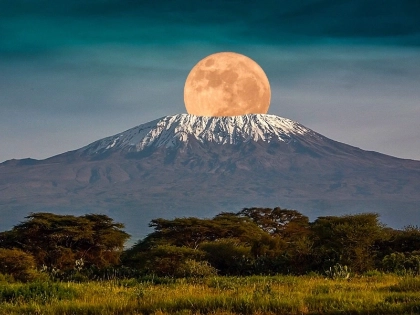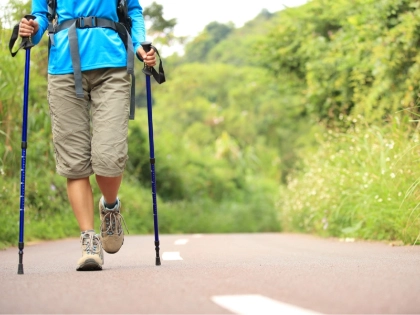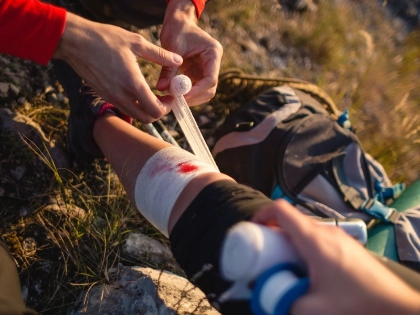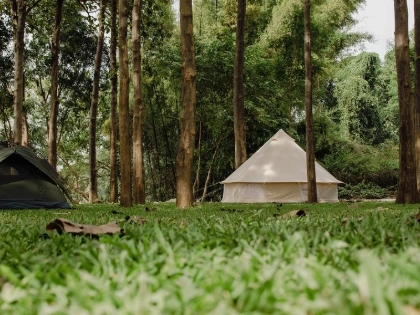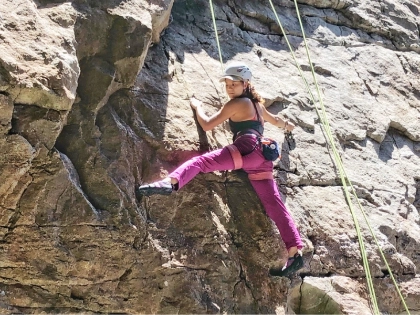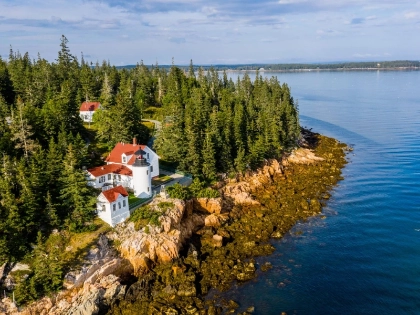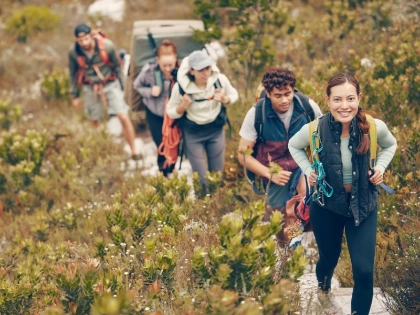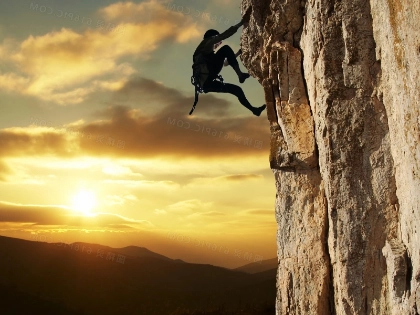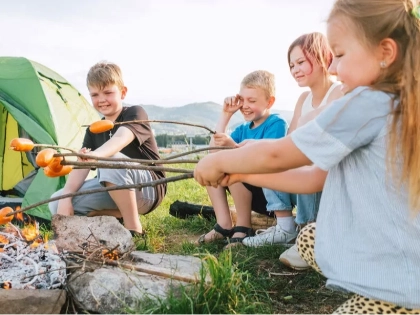How Difficult is Camping?
One of the most enjoyable things you can do with your family is go camping. It facilitates outdoor enjoyment, wildlife observation, and a closer relationship with nature. Many times, campers like to camp in various locations so they can explore new things, like the local way of life and food. They also adore being able to hike to beautiful locations and enjoy the splendor of nature from a cozy campground.
Beginning
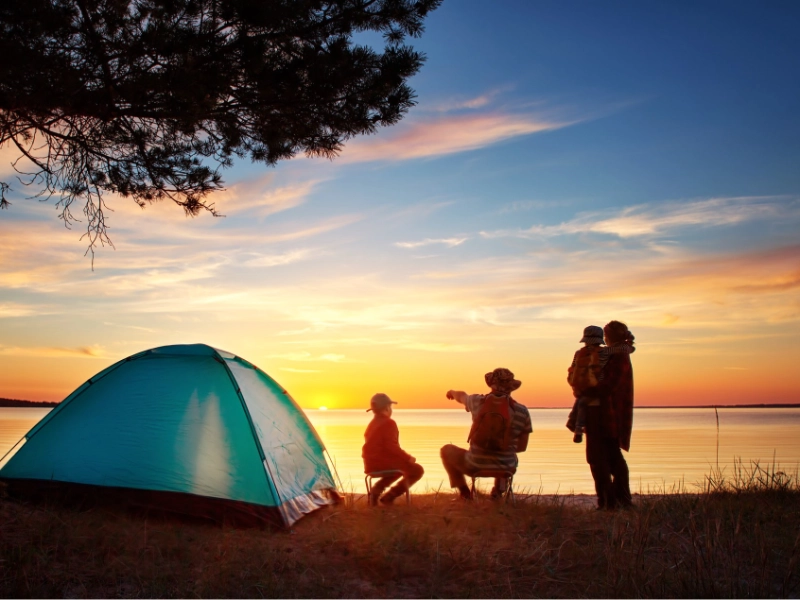
Stowing
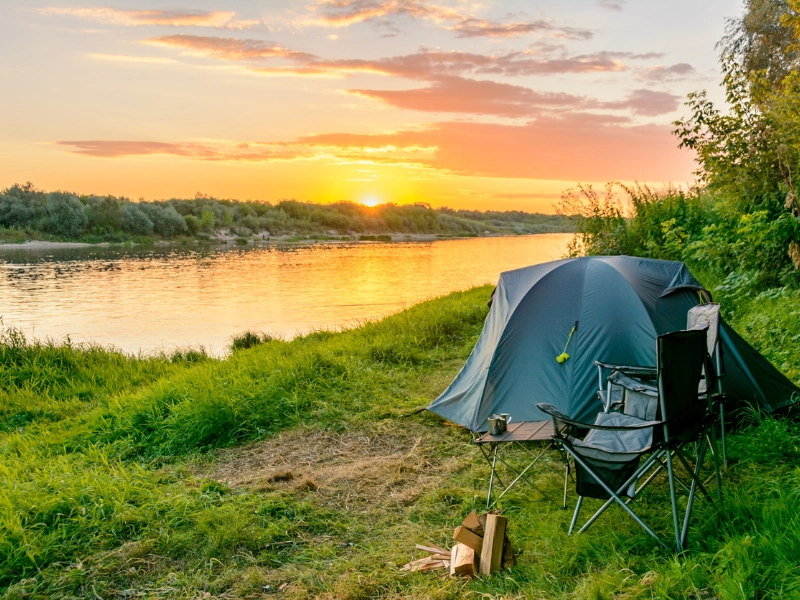 For camp, there are numerous details to keep in mind. Writing down a camping checklist and carrying it in your bag or purse is a smart idea. Both a first-aid kit and a means of obtaining clean water, such as LifeStraws or tablets, are needed.
If you're going camping, packing also entails planning your food. It can be very useful to have an oven and stove, as well as certain items for easy dinner preparation. Giving your children a say in the packing process can help them feel more invested in the experience and increase its enjoyment, especially if it's their first time camping.
Remember to include warm clothes, a hat, sunscreen, and insect repellent. To make sure you don't get lost in the woods, a GPS or a map and compass might also be helpful. Additionally, remember to put up an emergency shelter in case the weather worsens! Long-term campers discover a level of contentment that many inner-city residents would pay a high price for, as well as how to appreciate the sounds of nature.
For camp, there are numerous details to keep in mind. Writing down a camping checklist and carrying it in your bag or purse is a smart idea. Both a first-aid kit and a means of obtaining clean water, such as LifeStraws or tablets, are needed.
If you're going camping, packing also entails planning your food. It can be very useful to have an oven and stove, as well as certain items for easy dinner preparation. Giving your children a say in the packing process can help them feel more invested in the experience and increase its enjoyment, especially if it's their first time camping.
Remember to include warm clothes, a hat, sunscreen, and insect repellent. To make sure you don't get lost in the woods, a GPS or a map and compass might also be helpful. Additionally, remember to put up an emergency shelter in case the weather worsens! Long-term campers discover a level of contentment that many inner-city residents would pay a high price for, as well as how to appreciate the sounds of nature.
Assembling
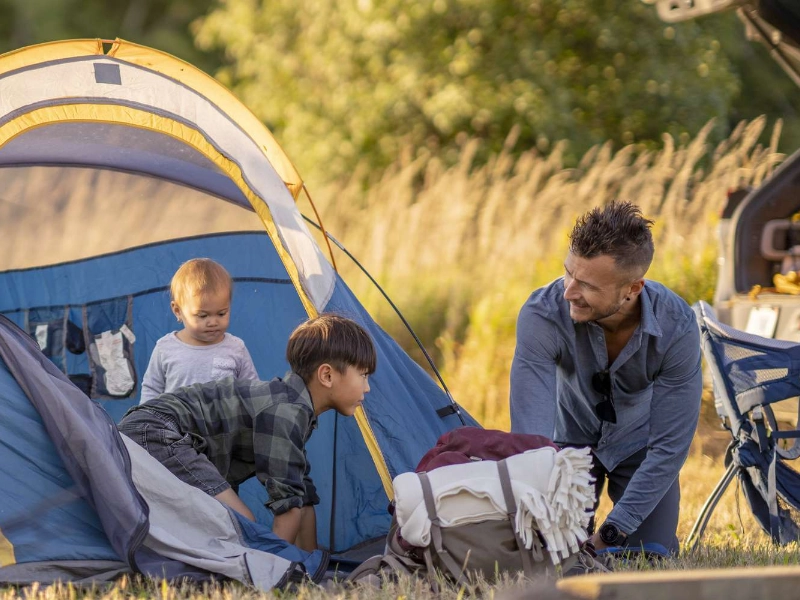 It can take a lot of work to set up camp. When camping in distant areas, there are typically a few extra tasks involved in addition to the time it takes to put up the tent, prepare the food, and arrange the cookware.
For instance, you could have to locate and utilize lake or stream water. Alternatively, to prevent your fire from igniting an uninvited wildfire, you may need to make sure it is contained in a fire pit.
It also helps to acquaint yourself in advance with the area where you intend to camp. In this manner, you'll be able to determine whether the area has poisonous plants or whether it's tick or rattlesnake season. You'll also be able to make the necessary preparations (bring bug repellent, alert youngsters to snakes, etc.). Also, view a few YouTube videos that explain how to construct a safe campfire. Additionally, always make sure the fire is totally out of fuel when utilizing it.
It can take a lot of work to set up camp. When camping in distant areas, there are typically a few extra tasks involved in addition to the time it takes to put up the tent, prepare the food, and arrange the cookware.
For instance, you could have to locate and utilize lake or stream water. Alternatively, to prevent your fire from igniting an uninvited wildfire, you may need to make sure it is contained in a fire pit.
It also helps to acquaint yourself in advance with the area where you intend to camp. In this manner, you'll be able to determine whether the area has poisonous plants or whether it's tick or rattlesnake season. You'll also be able to make the necessary preparations (bring bug repellent, alert youngsters to snakes, etc.). Also, view a few YouTube videos that explain how to construct a safe campfire. Additionally, always make sure the fire is totally out of fuel when utilizing it.
Cooking
 Nothing compares to the aroma of food being prepared over a campfire. This kind of food preparation enhances the camping experience and provides a wonderful chance to strengthen relationships with loved ones.
While cooking at a campsite can be somewhat labor-intensive, there are a few simple tricks to help the process run more smoothly. First of all, it's a good idea to pack a few standard kitchen necessities. It might be much quicker and simpler to do if you have items like a camping stove, pots and pans, cutlery, and plates.
It's also crucial to arrange your meals in advance of your camping excursion. You'll be able to stay within your budget and save time and money by doing this. In order to keep your food fresh, you should also have some food storage supplies. These could comprise foil, ziplock bags, tin or aluminum foil, and resealable plastic bags. Another use for a tarp is to make a cooking shelter.
Nothing compares to the aroma of food being prepared over a campfire. This kind of food preparation enhances the camping experience and provides a wonderful chance to strengthen relationships with loved ones.
While cooking at a campsite can be somewhat labor-intensive, there are a few simple tricks to help the process run more smoothly. First of all, it's a good idea to pack a few standard kitchen necessities. It might be much quicker and simpler to do if you have items like a camping stove, pots and pans, cutlery, and plates.
It's also crucial to arrange your meals in advance of your camping excursion. You'll be able to stay within your budget and save time and money by doing this. In order to keep your food fresh, you should also have some food storage supplies. These could comprise foil, ziplock bags, tin or aluminum foil, and resealable plastic bags. Another use for a tarp is to make a cooking shelter.
